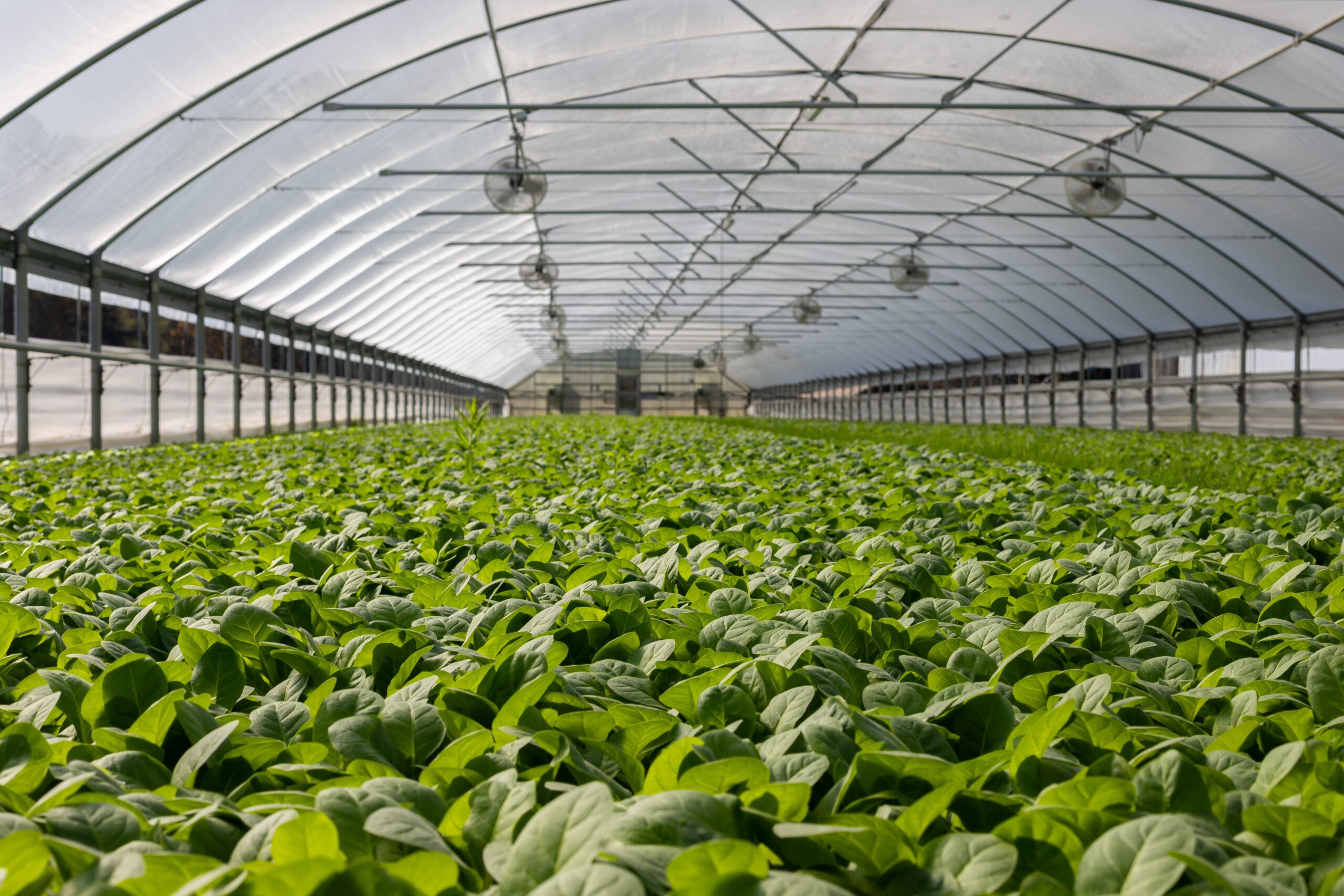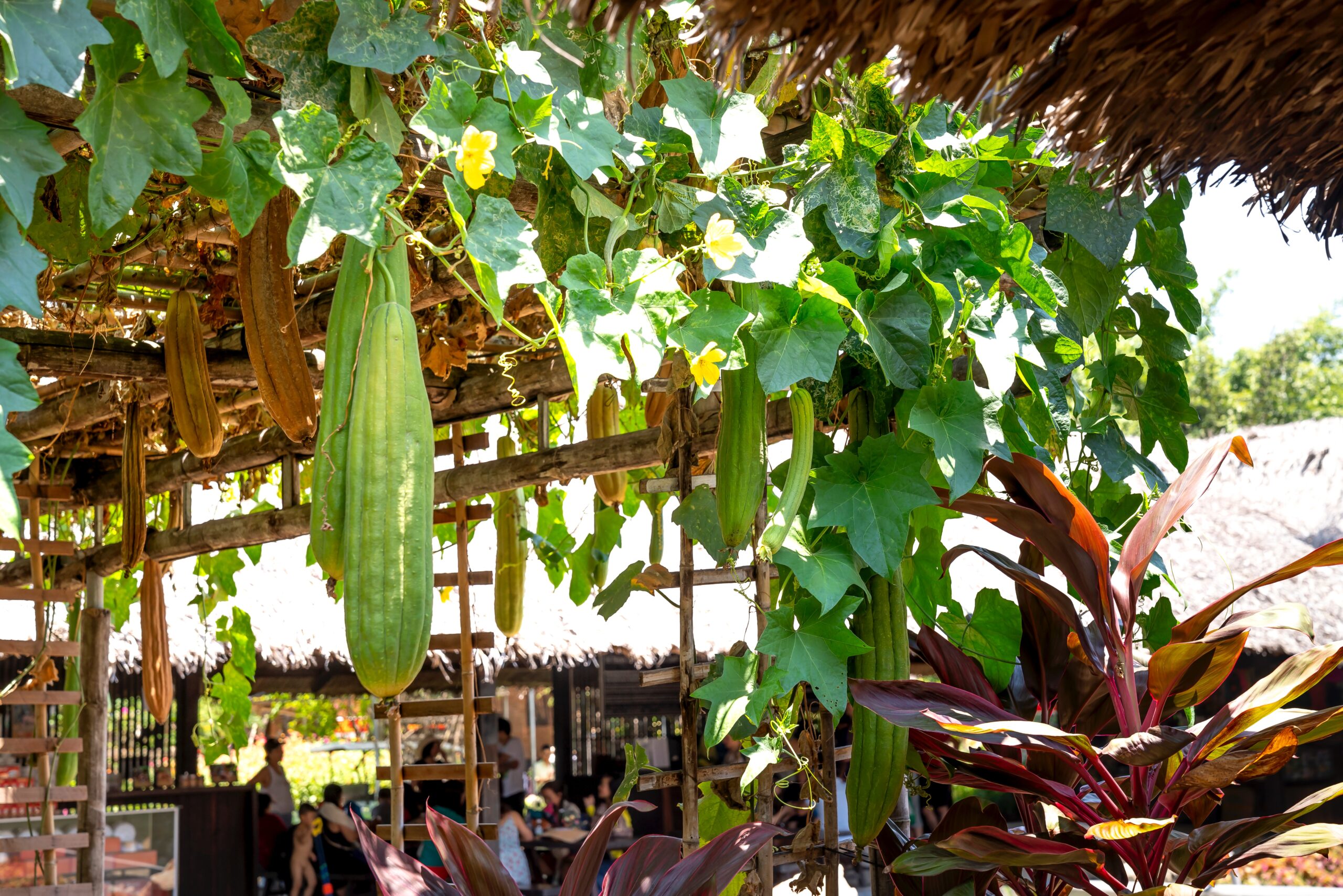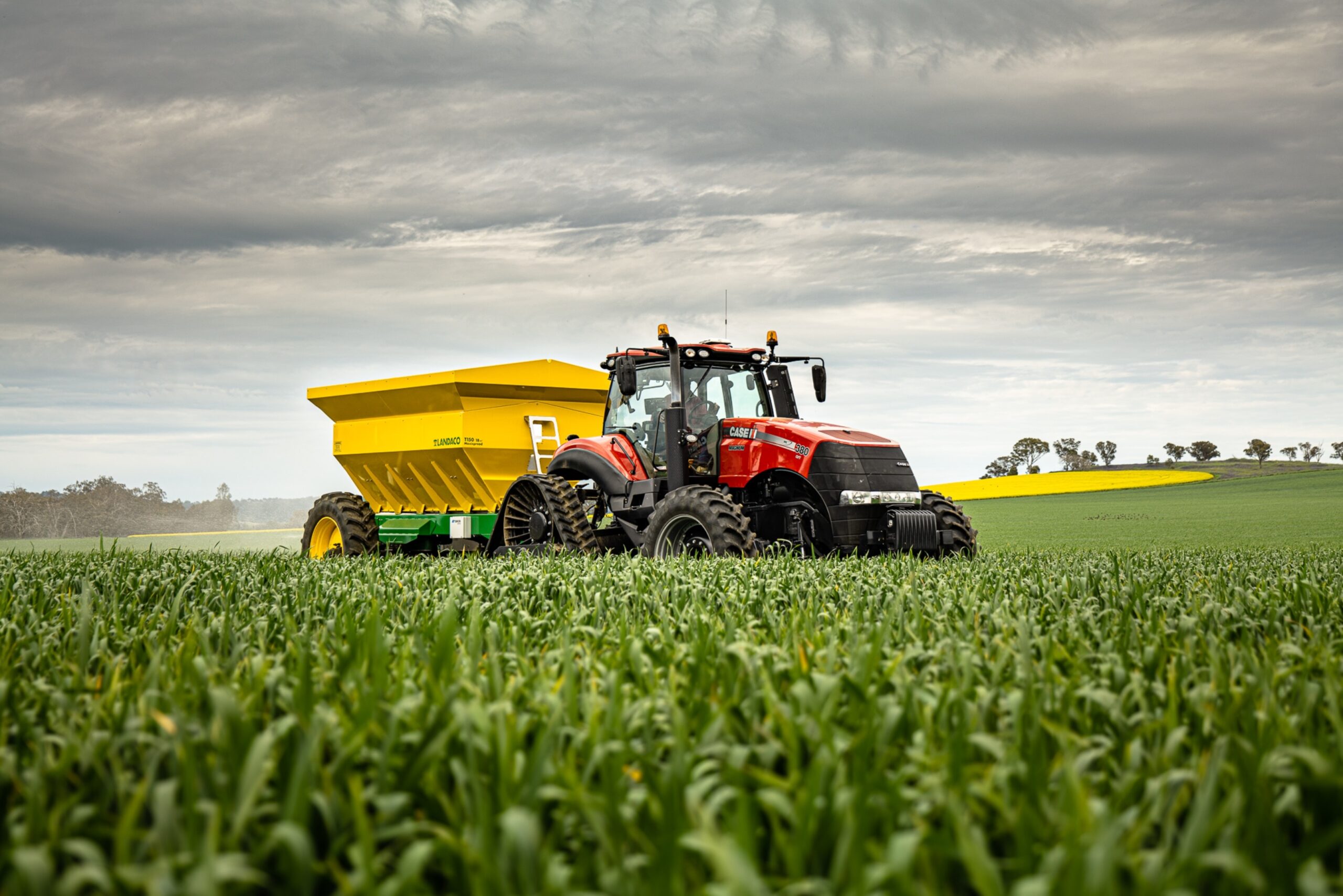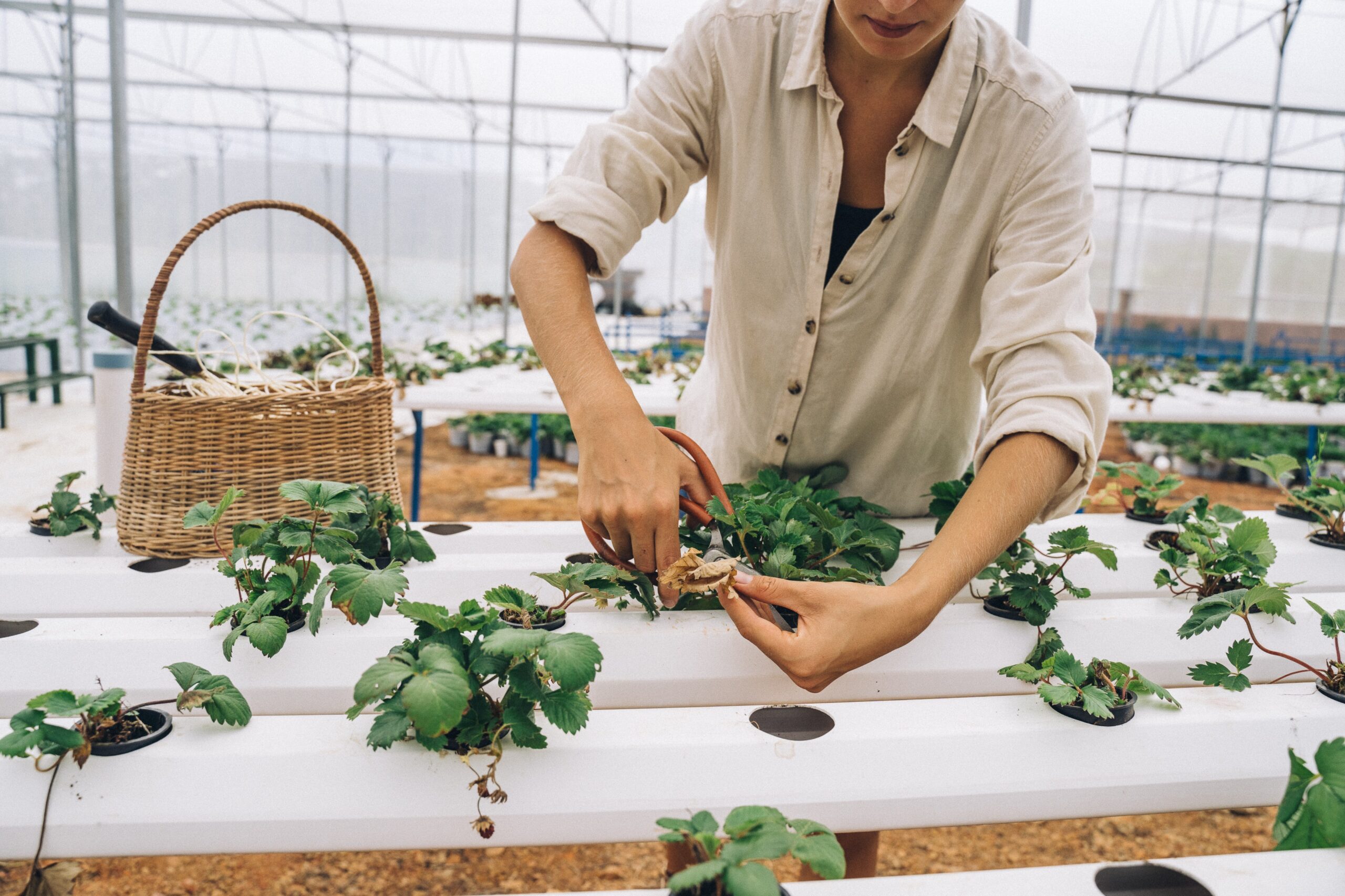Technology is playing a pivotal role in revolutionizing agriculture and helping farmers in numerous ways. These advancements have the potential to increase productivity, reduce waste, and make farming more sustainable. Here are some ways in which technology is benefiting farmers:
Precision Farming: Precision agriculture uses GPS technology, sensors, and data analytics to optimize farming practices. Farmers can monitor soil conditions, weather patterns, and crop health in real-time. This allows for precise planting, fertilizing, and irrigation, which maximizes yields while minimizing resource use.

Drones and Satellites: Drones equipped with cameras and sensors can provide high-resolution imagery of fields. Satellites offer a broader perspective. Both technologies help farmers monitor crop health, detect diseases, and assess the effectiveness of irrigation and fertilization strategies. They also aid in mapping fields and planning planting.
Smart Machinery: Modern farm equipment is often equipped with GPS and IoT technology. This enables autonomous or semi-autonomous operation, improving efficiency and reducing labor requirements. Tractors and harvesters can follow precise paths, reducing overlap and waste.

Crop Management Software: Farmers can now use software applications to manage their farms more efficiently. These platforms help with planning, monitoring, and record-keeping. They provide insights into crop rotations, pest and disease management, and resource allocation.
Climate and Weather Data: Access to accurate weather forecasts and climate data is crucial for farmers. With the help of technology, farmers can make informed decisions about planting and harvesting times, protecting crops from extreme weather, and managing water resources effectively.
Biotechnology: Genetic engineering and biotechnology have led to the development of genetically modified (GM) crops that are more resistant to pests and diseases and can thrive in adverse conditions. These crops often yield higher production rates with fewer inputs.

IoT Sensors: Internet of Things (IoT) sensors can be placed in fields to monitor various parameters such as soil moisture, temperature, and nutrient levels. Farmers can receive real-time data on their smartphones and adjust irrigation and fertilization accordingly.
Market Access: Technology has improved farmers’ access to markets. Online platforms and mobile apps connect farmers directly to consumers, eliminating intermediaries and ensuring better prices for their produce. This can be especially beneficial for small-scale and local farmers.
Education and Information: The internet provides a vast repository of agricultural knowledge. Farmers can access online courses, forums, and resources to learn about the latest farming techniques, pest control methods, and sustainable practices.

Blockchain and Traceability: Blockchain technology is being used to establish transparent and secure supply chains. This helps in tracking the origin of agricultural products, ensuring food safety, and providing consumers with information about the source of their food.
Resource Conservation: Sustainable farming practices, aided by technology, enable farmers to conserve resources such as water and energy. Automated systems can optimize irrigation to minimize water use, while renewable energy sources can power farms.
In summary, technology is helping farmers by making agriculture more efficient, sustainable, and profitable. These advancements empower farmers to make data-driven decisions, reduce waste, and adapt to the challenges posed by a changing climate and growing global demand for food.